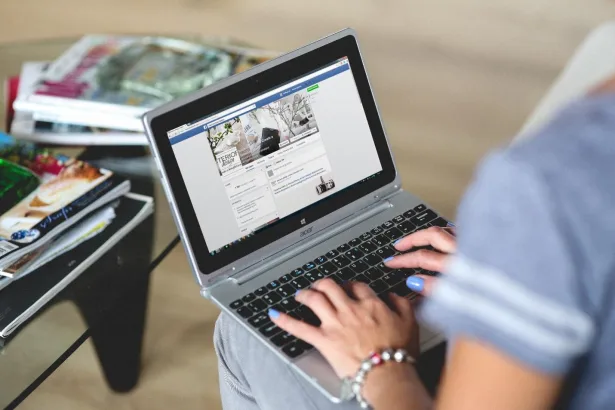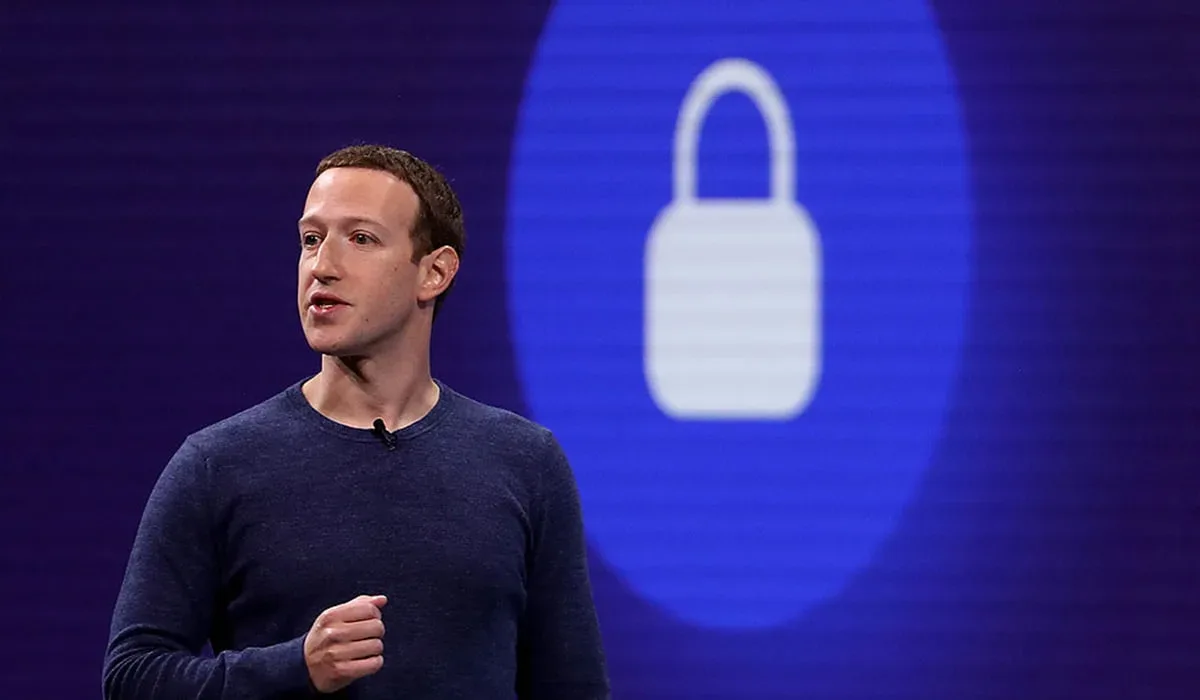Hackers have long been the bane of companies and individuals everywhere. I could write a book series about all the cybersecurity breaches that have taken place in the past two decades, let alone this past decade. Last week, a group of hackers started flooding the dark web markets with a bunch of stolen information from many different websites and companies! The situation is pretty bad.
And cybersecurity doesn’t just affect companies—it affects all of us. And if companies and governments get hacked, we get hacked. Vice President of ExpressVPN Harold Li even mentioned this, saying:
“With headlines reminding us daily that companies and governments are collecting our personal data without our informed consent and often then either misusing or failing to safeguard it, it’s no wonder that consumers all around the world are becoming more protective of their data. People are really waking up to the need to take their online privacy and security into their own hands.”
1. Encrypt your communication
With that said, we need to go over how we can protect our data. The first way? Encrypting your communication (and data in general).
I’m willing to bet you use the Internet for the majority of things in your life. Shopping, paying bills, paying taxes: all of these can easily be done through the Internet. However, it all comes at the cost of your safety. If a cybercriminal were to be on your network while you were doing any of those things, they could steal your data, possibly leading to identity theft.
To avoid this, use a VPN. A VPN encrypts your data and anonymizes your presence online, meaning you’re free to send data and communicate with others without having to worry about having it all stolen.
2. Be careful about what you post online
Another way to stay safe online is to be careful about what you’re posting online. Now, for some of you, this may not be possible. Even then, however, you should do the best job possible at limiting how much information people have about you.
Don’t post your phone number publicly, limit how many pictures of your appearance you post, and try to keep an overall low profile. It can be tough, but the security afforded is more than worth it.
3. Keep your devices updated
It would help if you took great care in making sure all of your devices are updated to the latest possible update (not counting beta updates). I know, I know, frequent device updates can be annoying, but they’re there for a reason — a good one, at that.
These updates typically contain security improvements, so they’re definitely worth checking out. Plus, in the case of Windows, foregoing these updates can prevent you from receiving major security patches.
4. Use strong, unique passwords
Passwords are the gates to our accounts. If they’re compromised, you risk losing everything on that account, which can be especially bad when dealing with bank accounts or corporate accounts.
Using strong, unique passwords ensure that a random hacker won’t be able to guess your password in 10 seconds, leaving you vulnerable to hacks, identity theft, and who knows what else.
5. Keep your devices in a safe space
Lastly, it would help if you tried to keep all of your devices in a secure spot where no one will get them.
If you’re wondering what I mean, keep in mind that many people live with their families, friends, or SO’s, and taking the risk of them seeing your login information, corporate information, and vice versa isn’t a risk you should take.
Furthermore, try to keep your devices locked up in a secure spot. Leaving them out in the opens risks someone coming by and using them without permission or taking them entirely.
Conclusion
Keeping your data secure can take some time and effort, but the time and effort you put into improving your cybersecurity etiquette are 100% worth it. And as cyber-attacks grow increasingly common, it’s up to us to protect ourselves, and it will be like that for the foreseeable future.







Share Your Thoughts